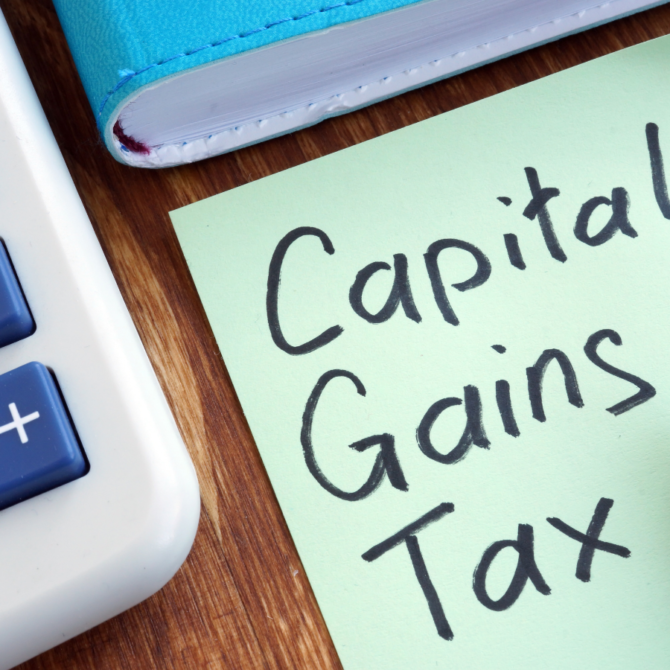Capital Gains Tax
Capital gains tax is a tax that is levied on the profit from the sale of a capital asset, such as property. In the UK, this type of tax is applicable to landlords if they sell a rental property for more than they paid for it. The tax is applied to the difference between the sale price and the purchase price. It’s calculated on a sliding scale based on the amount of profit made.
How does Capital Gains tax work?
For individuals, the first £12,300 of capital gains made in a tax year is tax-free. Any CG above this amount are taxed at either 10% or 20% depending on the individual’s income tax bracket. Higher rate taxpayers, those earning over £50,000 per year, are taxed at 20% on their capital gains. However, basic rate taxpayers, those earning under £50,000 per year, are taxed at just 10%.
Therefore, any landlords who are higher rate taxpayers will pay 20% capital gains tax on any profit made from the sale of a rental property. If a landlord has owned the property for more than a year, they may also be eligible for indexation allowance. This can help to reduce the amount of tax that is due.
How does it affect selling properties?
It’s important for landlords to consider the potential impact of CG tax when looking to sell a rental property. In some cases, it may be more tax-efficient to keep the property, particularly if it is likely to appreciate over time. It’s also worth noting that CG tax may be due on the sale of any other capital assets. This can be things such as shares or other investments.
Overall, capital gains tax is an important consideration for landlords in the UK. Particularly for those who are higher rate taxpayers. So, understanding the rules and planning ahead, enables landlords to minimise the amount of tax that they are required to pay.
If you’re a landlord looking for support with managing your properties then contact us today.



